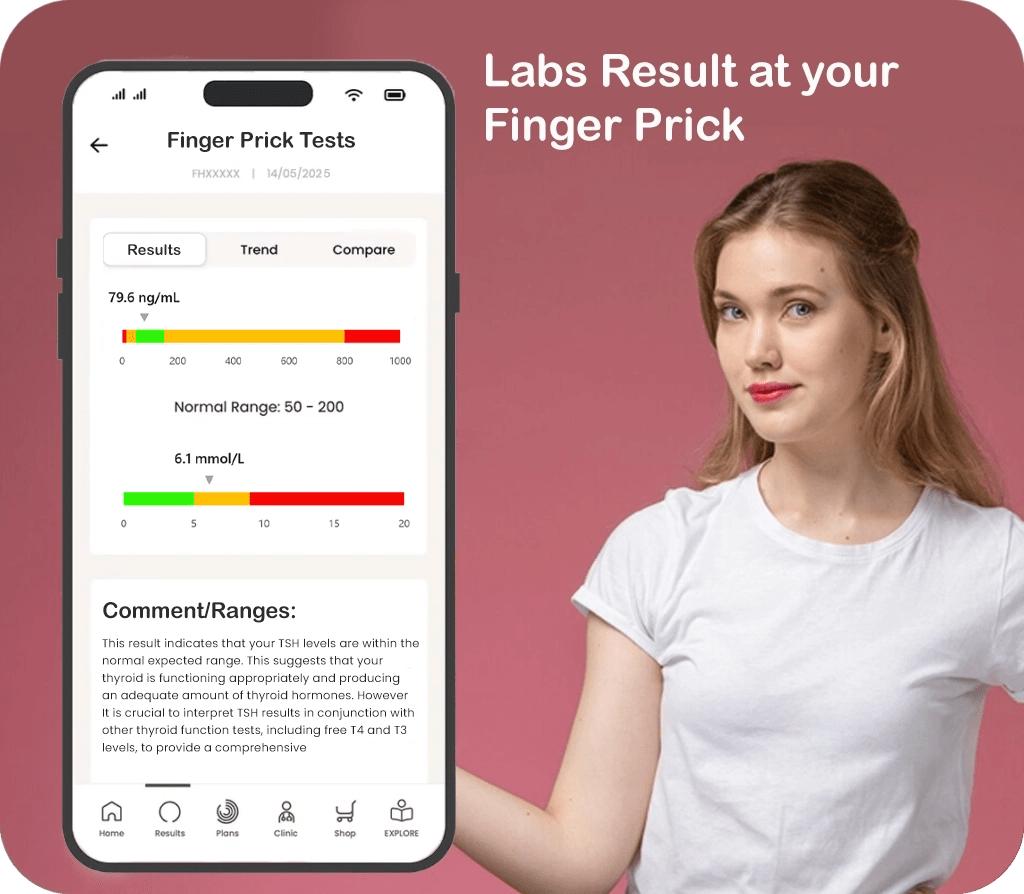Menopause symptoms vary from person to person but commonly include hot flashes, night sweats, irregular periods, and mood changes. Other symptoms may include vaginal dryness, reduced libido, sleep disturbances, weight changes, thinning hair, and dry skin.














